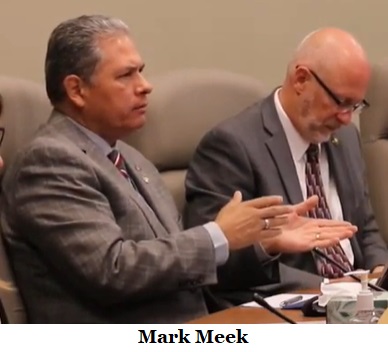





| Benton County Republicans’ Private Fundraising Event, “Bent-on Boots and Bling” with Trey Taylor |
| Friday, September 5, 2025 at 5:00 pm |
| Featuring Trey Taylor Music Private Event Friday, September 5, 2025 5:00-5:30 pm VIP Reception 5:30-8:00 pm Heavy Appetizers, Auction, Concert Red: $750 VIP Reception Front Row Table Sponsor White: $500 Table Sponsor Blue: $50 per person Limited Seating. Get Yours Now!!! Support Local Dress up: Bling, Cowboy, Patriotic Benton County Republican FUNDRAISER www.BentonGOP.org Get your tickets today at: https://www.bentongop.org/event-details/benton-county-republicans-fundraiser/form About Trey: Trey is the youngest African American Man in Country Music History. The Denver Post wrote "It's impossible to miss his enthusiasm. With a fondness for cowboy boots, gaudy colors and dazzling jewelry, Trey Taylor could stand toe to toe with any of the Pop, Country or even Rap contemporaries of his generation.“ |
| Trysting Tree Golf Club, 34028 NE Electric Rd., Corvallis |

During this emergency, state and local governments must continue to operate, provide essential services, and make decisions in a public and transparent manner. Governments must do so safely, consistent with my emergency directives. Public participation is essential to the functioning of our state and local governments, but in-person attendance at public meetings presents a risk to the public health and safety of Oregonians, unless appropriate measures are taken. Thus, during this emergency, public meetings should be held via telephone, video, electronic or other virtual means, whenever possible, to keep Oregonians safe, and to mitigate the spread of COVID-19.
Shortly after that, during the 1st special legislative session in June of 2020, the legislature passed HB 4212 which codified into law the ability of public governing bodies to be able to conduct public business remotely until 30 days after the end of the declaration of a state of emergency expires.A D V E R T I S E M E N T

A D V E R T I S E M E N T
| Post Date: 2021-03-19 18:05:43 | Last Update: 2021-03-19 18:31:22 |